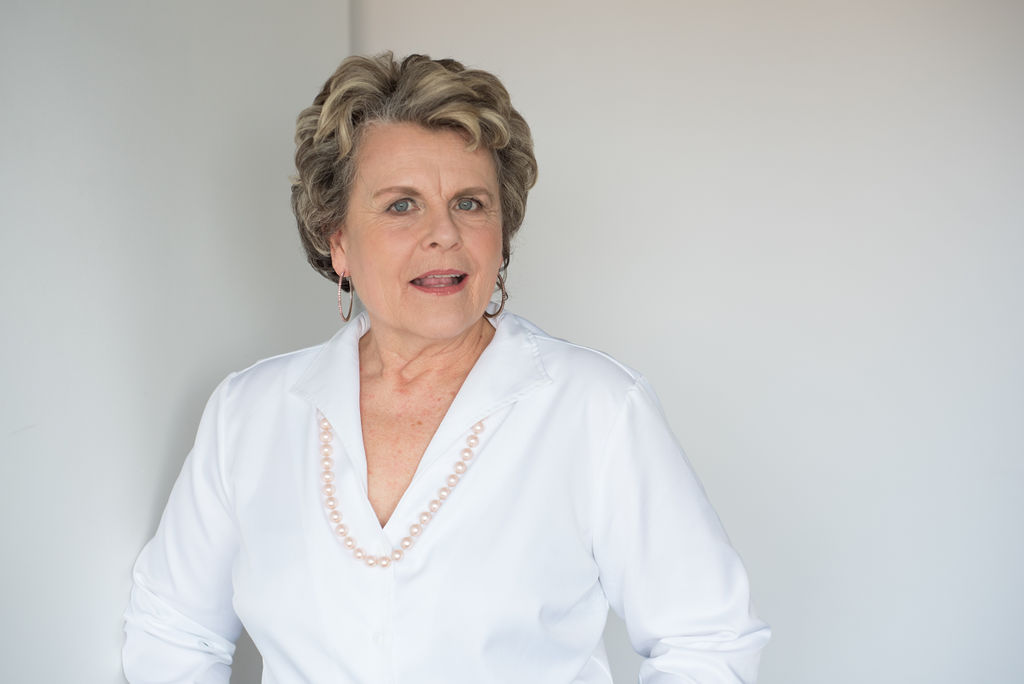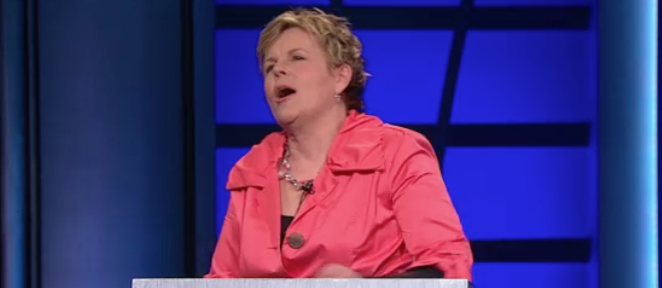Read the full novel!
- Download a PDF file by clicking here
- Download from Smashwords.com. Many different digital ebook formats available. Click here
Chapter 1: THE BIG PICTURE
 The summer of 1968 is where my mind plops down and lights up a smoke. I am ten years old. It’s hotter than Hades and we are all standing in the woodshed, attached to the summer kitchen, my siblings and my mother, still as soldiers, barely able to catch our breath. It smells like mouse shit and dried wood.
The summer of 1968 is where my mind plops down and lights up a smoke. I am ten years old. It’s hotter than Hades and we are all standing in the woodshed, attached to the summer kitchen, my siblings and my mother, still as soldiers, barely able to catch our breath. It smells like mouse shit and dried wood.
“Don’t make a sound,” she threatened us, “or I’ll crucify you.” My mother never followed through on these threats, but how many times I imagined myself being nailed on the back wall of the classroom, able to see everyone else’s test paper.
We had just gotten back from swimming; Alberta took us daily when we were haying. She hated wasting any part of her workday, but we were always sweltering by noon. She’d load us all in the back of the truck and drive like a bat out of hell through the backfield. Maybe if she’d slowed down a bit, she wouldn’t have worn out so many transmissions. I can still see us, holding our towels tight around our necks, bouncing this way and that. It was better than the Tilt-A-Whirl.
We cooled off in the river that ran at the back of the property. We called it the Cottage though the only building back there was an outhouse wallpapered with pages from the Sears Catalogue. We’d often eat our noon meal down by the grove of pine trees. Our family always had our big meal at lunch. It was no fancy picnic – nothing from a wicker basket like you see French people doing in a movie. There wasn’t a checkered tablecloth or wine, not even a picnic table. Alberta would boil up a ham in a pot of potatoes. Some days we’d be so anxious to get wet she’d let us eat straight from the saucepan. She caught me more than once drinking the ham water from the pot. “Put that down, you pig. Nobody wants your germs all over them.” That was me from the get-go, taking more than she was offering. I’d stuff myself until I almost bust a gut and then jump in the water. The rule about waiting an hour had not been invented yet. Even if it had, by mid- summer the river was so low the water only went up to our knees. If we’d got a cramp, we could’ve just stood up.
The river ran directly downstream from the canning factory in Spike Mills. The bulk of what they canned was green peas. By mid-August the river had artificial green foam floating on top. Every September we’d go back to school, our eyes oozing with pus. When we’d complain about the infection, my father King would tell us to stop our bitching. “It’ll grow hair on your chest,” which is not at all reassuring to a ten-year old girl.
On that scorcher of a day, we’d just gotten back to the house and were standing in the front yard picking the sand out from between our toes. Alberta had conniptions if we tracked it through the house, and there was nothing worse than getting it in the sheets. The sun had zapped our bathing suits dry and it was like we had never gotten wet.
One minute there we were – five children wiping our feet on the grass.
The next we were running this way and that trying to get out of sight. 5 kids. Three boys. Brothers that I never had a conversation with. NeilPatrickBill. One name. My mother yelled it out in one breath. A group. A subset. There were two girls. Me. Marley, the youngest. There we all were, plus my mother, standing in a woodshed, trying to outsmart one travelling salesman.
On summer afternoons, they could be seen walking up and down our side road. You could spot them a mile away, with their casual saunter like they had nowhere in particular to be. With jackets flung over their shoulders, carrying a big black suitcase, they sold anything you could imagine from gadgets to appliances to face cream – anything a housewife might need.
Alberta would never be accused of being a housewife. She spent more time in the barn than anywhere else, but she had a hate-on for those salesmen. To her they were blowhards who were trained to fleece innocent people out of money they didn’t have. By people, I mean King. She was mad at him for years over getting talked into buying the Instant Color TV Converter. It was only $4.95, but a big waste of money. The salesman convinced my dad that the contraption would magically turn our black and white TV into a colour one. When it arrived in the mail, it was nothing more than a piece of plastic that you placed on top of the screen. It had three colours: blue at the top for sky, green on the bottom for grass, and in the middle orange for everything else. That would have been fine if you were watching outdoor shows like ‘Lassie’ or ‘Bonanza.’ But for indoor TV shows like ‘Leave It to Beaver,’ it meant all the characters had blue faces. I hated that show to begin with – it was totally unbelievable that people would act that nice – but when Beaver’s face had a sky blue tinge, it really made me mad.
Read the rest of the novel!
- Download a PDF file by clicking here
- Download from Smashwords.com. Many different digital ebook formats available. Click here\




Leave A Comment